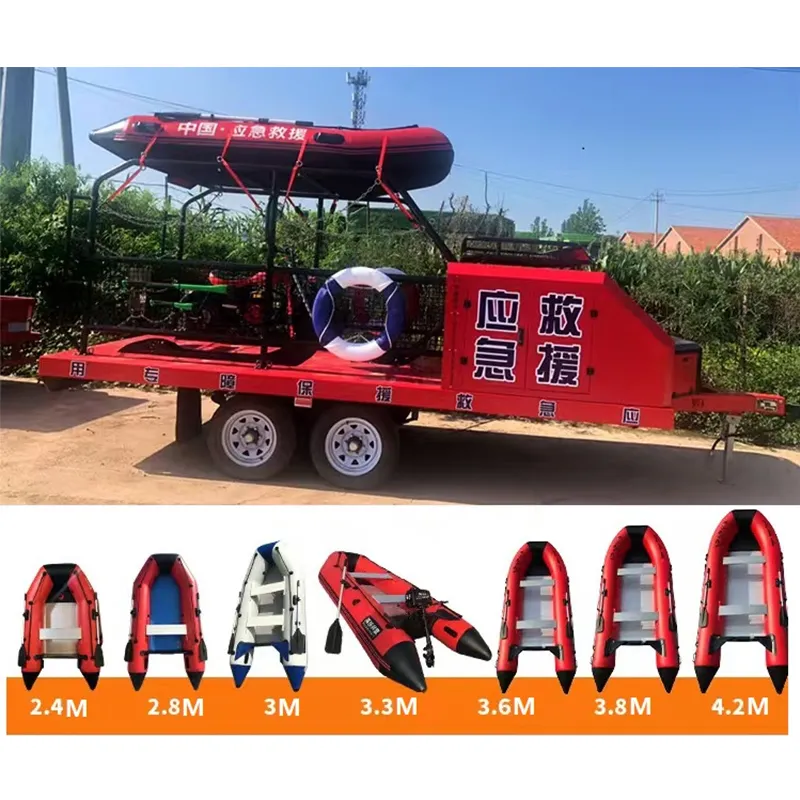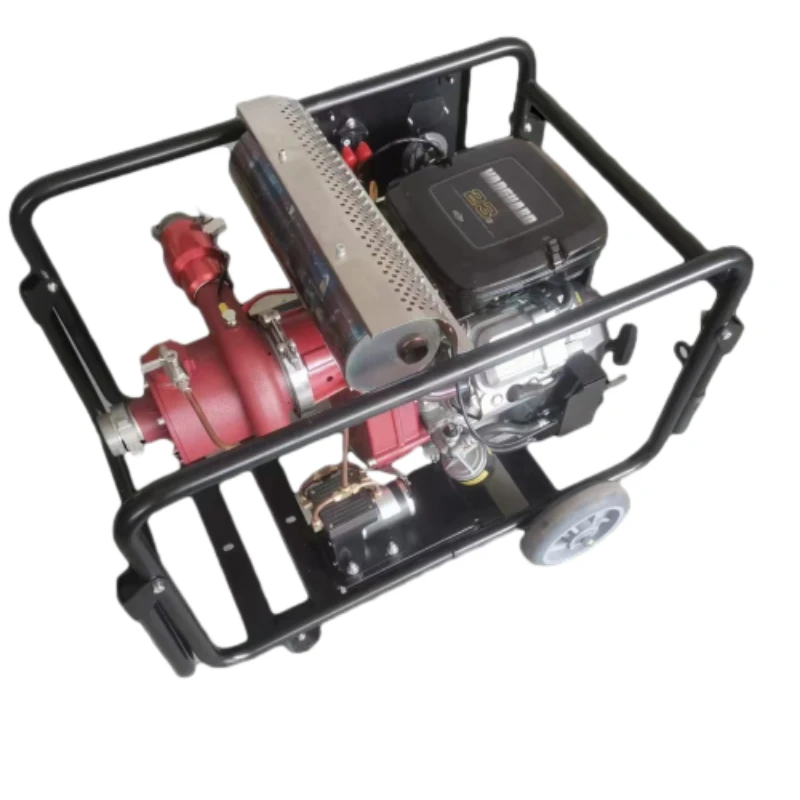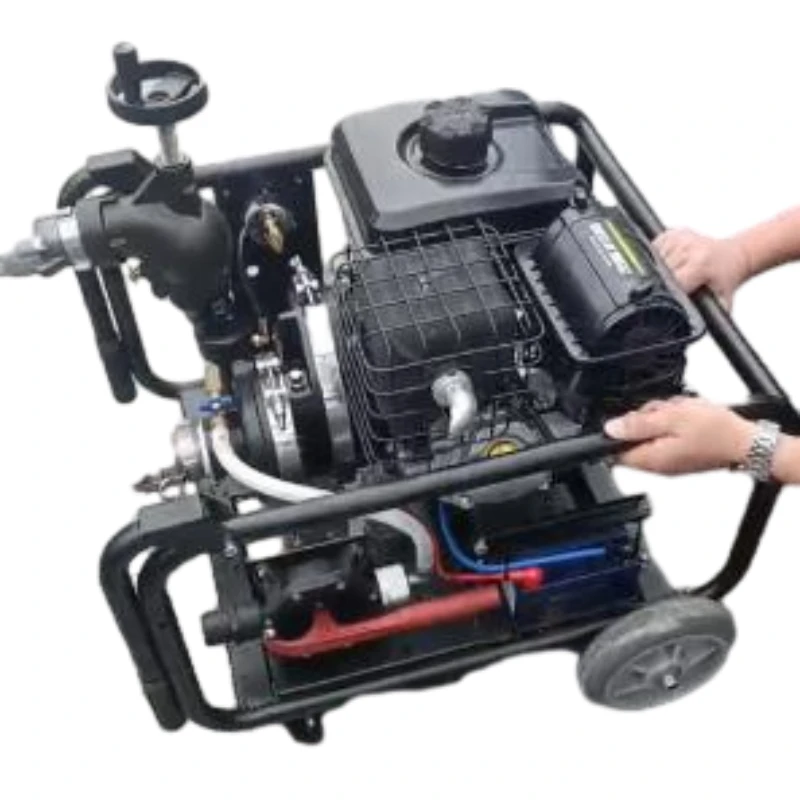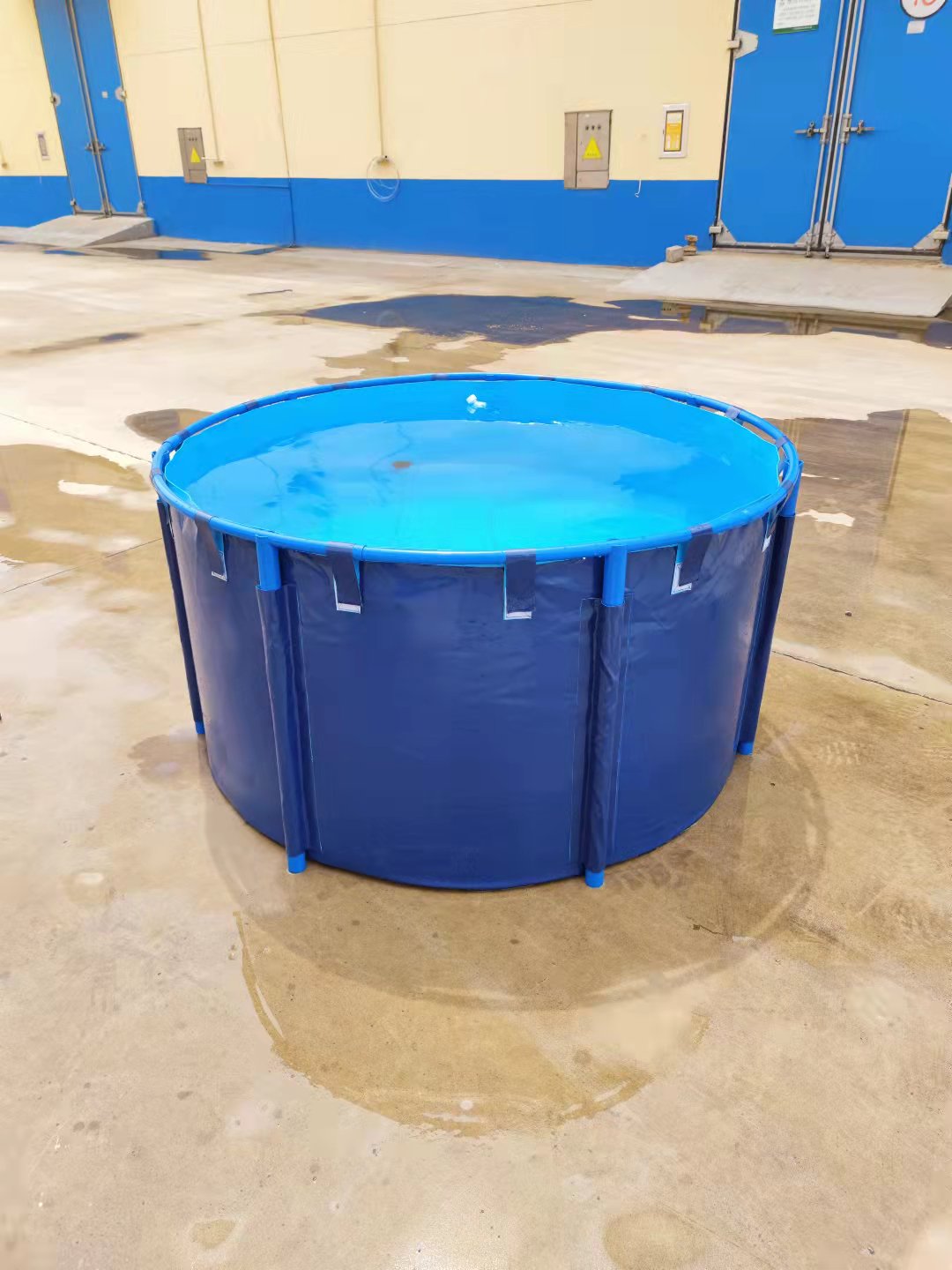

The experience with diesel fire engines reflects a record of consistent performance and dependability. Many firefighters attest to the peace of mind that comes with operating such equipment, knowing it can handle the rigors of firefighting without faltering. This has been particularly noted in rural areas where access to service facilities is limited and the endurance of fire engines is put to the test. For those considering an investment in a diesel fire engine, the long-term benefits of reduced operational costs, increased durability, and enhanced performance can significantly outweigh the initial investment. Diesel engines typically have higher upfront costs, but their robustness and efficiency often result in lower lifetime costs compared to gasoline engines. As technology continues to advance, diesel fire engines are also evolving. Hybrid models, incorporating electric power sources, are under development, promising even greater efficiency and reduced environmental impact. These innovations reflect the firefighting community's commitment to adapting and improving their methods to protect lives and property more effectively. In summary, the diesel fire engine represents a significant leap forward in firefighting technology, defined by its experience-based reliability, expert-level torque handling, authoritative endorsements, and trustworthy operation. As fire departments globally continue to embrace these engines, diesel-powered solutions remain at the forefront of fire safety and control, ensuring readiness and resilience in the face of an ever-present threat.





























